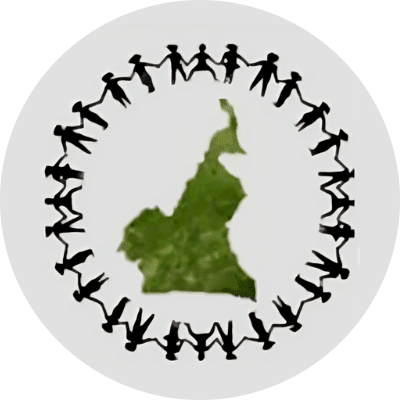
Harnessing Research to Address Hunger Among Displaced Persons in Cameroon

Posted on April 22nd, 2024
The ongoing crisis in Cameroon, marked by the Anglophone conflict, has led to a devastating humanitarian situation. Over 700,000 people have been displaced, and 4.4 million require assistance (OCHA, 2023). Hunger is a pressing concern, affecting approximately 2.6 million people, including those in displacement camps and host communities (WFP, 2022). To effectively address this issue, research is crucial in understanding the complexities of hunger among displaced persons and identifying evidence-based solutions.
Food Availability and Access
Research has shown that food availability and access are significant challenges in displacement camps and host communities (FSIN, 2022). Gaps in food distribution, lack of storage facilities, and limited market access exacerbate the situation (WFP, 2022). To address these issues, innovative solutions can be explored, such as:- Emergency food assistance programs: Providing food aid to displaced persons, especially vulnerable groups like women, children, and the elderly.
- Food voucher schemes: Enabling displaced persons to purchase food from local markets, supporting local economies.
- Support for local food production and marketing initiatives: Encouraging local agriculture and food production to enhance food availability and access.
Research can help identify the most effective approaches and inform program development.
Nutrition and Health
Hunger has severe consequences for nutrition and health, particularly among vulnerable groups (UNICEF, 2022). Research has revealed high levels of malnutrition, micronutrient deficiencies, and related health issues (MSF, 2022). Evidence-based interventions can help address these challenges, such as:
- Nutrition education and counseling: Educating displaced persons on proper nutrition and meal preparation.
- Supplementation programs: Providing essential micronutrients to vulnerable groups.
- Support for healthcare services: Strengthening healthcare systems to address nutrition-related health issues.
Research can inform the development of targeted interventions and monitor their effectiveness.
Livelihoods and Food Security
Displaced persons often struggle to maintain their livelihoods, leading to food insecurity (IOM, 2022). Research can examine the effectiveness of initiatives such as:
- Agricultural support programs: Providing seeds, tools, and training to displaced persons to restart agricultural activities.
- Livestock restocking schemes: Replacing lost livestock to restore livelihoods and food sources.
- Small-scale entrepreneurship and income generation activities: Supporting displaced persons in starting small businesses to generate income and purchase food.
By identifying successful approaches, research can inform program development and scaling up.
Social Protection and Safety Net
Social protection programs and safety nets are critical in addressing hunger among displaced persons (UNHCR, 2022). Research can evaluate the effectiveness of existing programs and inform policy and program development to strengthen social protection systems. This includes examining the role of:
- Cash transfers: Providing financial assistance to displaced persons to purchase food and essential items.
- Food vouchers: Enabling displaced persons to access food from local markets.
- Other safety nets: Supporting displaced persons through programs like school feeding and nutrition support.
Methodology
A mixed-methods approach, combining quantitative surveys, qualitative interviews, and focus group discussions, can provide a comprehensive understanding of the complex issues surrounding hunger among displaced persons. Collaboration with local organizations, UN agencies, and government entities ensures data accuracy and relevance. Ethical considerations, including informed consent and confidentiality, protect participants' rights and privacy.
Conclusion
Addressing hunger among displaced persons in Cameroon requires a multifaceted approach, harnessing research to inform evidence-based solutions. By examining food availability and access, nutrition and health, livelihoods and food security, and social protection and safety nets, research can identify effective strategies to end hunger and promote sustainable food security. Policymakers, practitioners, and researchers must collaborate to implement these solutions, ensuring the most vulnerable populations have access to nutritious food and sustainable livelihoods. Only through collective action can we hope to alleviate the suffering of those affected by the crisis in Cameroon.
Let's Make an Impact
Ready to make a difference? Reach out to Women in Humanitarian Dynamics (WIHD) today to explore how we can collaborate to empower informal workers and create positive change. Fill out the form below, and let's work together to make a difference.
